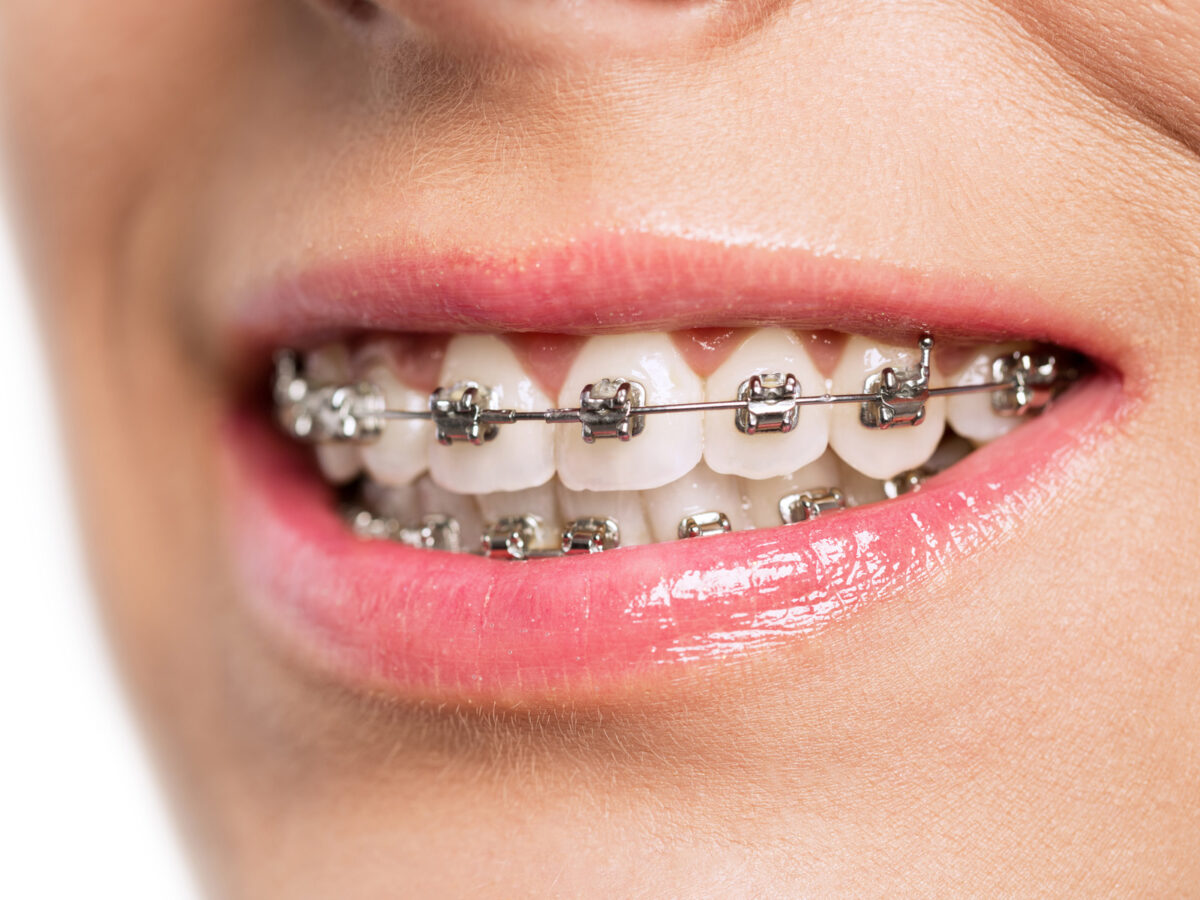Braces are a fool-proof way to get a more attractive smile. In addition to straightening crooked teeth, braces are used to treat orthodontic problems like malocclusions, missing teeth, significant gaps in teeth, and so forth. While using braces, you may deal with inconveniences like avoiding certain foods and making some lifestyle changes. But, there is one consequence of wearing braces that could dramatically influence your dental health – the difficulty they pose in keeping your teeth clean of dental plaque.
In usual circumstances, keeping the teeth and gums healthy is tough, and the challenges are heightened while using braces. A fair percentage of patients wearing braces end up suffering from tooth decay or periodontal or gum diseases. Orthodontic hardware like braces makes it difficult for toothbrushes and dental floss to thoroughly reach all parts of the teeth. Thus, some of the accumulated plaque may discreetly remain inside the mouth and lead to dental diseases of all sorts. Furthermore, it takes a concise amount of time for a bacterial infection to begin.
Ways to avoid dental problems while wearing braces
Wearing braces can make your teeth and gums more susceptible to diseases. But, certain habits may help you avoid dental problems even while using braces.
- It is imperative to be more diligent with your daily oral hygiene. Even though flossing and brushing teeth is more difficult with braces, you must not slack. It requires more time to work the brush around and between the wires and brackets, but taking more time helps cleaning the dental plaque properly. You can also switch to a multi-tufted, micro-fine brush bristled brush for precious and meticulous cleaning.
- Using a water irrigator is another appropriate way to take care of your dental health while using braces. If straight thread flossing proves to be too challenging, you can try using a water irrigator. It is a device that emits a pulsating spray of pressurized water that loosens and flushes away plaque between teeth. Clinical studies consistently reveal that water flossing is a reliable technique to reduce dental plaque in orthodontic patients.
- You should also lower your sugar intake for a healthy dental regimen. Sugar leftover in the mouth is a prime food source for the proliferation of harmful bacteria that causes tooth decay or gum diseases. Hence, reducing the intake of sugary foods can tremendously help decrease the bacterial population inside your mouth and lower the risk of oral diseases. You can also fortify your oral health with foods that contain calcium and other minerals.
- In addition to orthodontic adjustments, it is essential to visit your dentist regularly. Semi-annual dental cleanings assist in removing any plaque and calculus, that is, calcified plaque, that you may have missed. Moreover, your dentist can also aptly monitor your oral health and boost disease prevention through topical fluoride treatments or other prescribed antibacterial mouthwashes.
In case of discomfort in teeth or gums, please visit your nearest dentist at the earliest.
Book Appointment to find out which treatment might be best for you.

